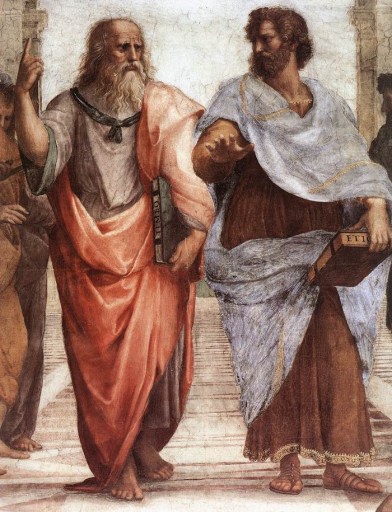How much AI and Machine Learning are related to ancient Greek Philosophy? More than you imagine!
In this article you will learn about the never ending debate between Platonic and Aristotelian ideas of the reality of the world.
In my opinion, I agree with Plato saying that the world we experience is just a shadow of the real one. One possible interpretation can come from modern physics with theories such a) multidimensional world (e.g. string theory, theory of relativity) b) quantum physics and c) non-Euclidean geometrical spaces. Things are not as they appear in our brains. We see only a projection of the real world and we are totally living in a matrix limited by our physiology.
However, I agree also with Aristotle saying that the forms of entities reside only in the physical world. So, the “ideal” forms are learned by our brains and do not pre-exist.
The article touches the issue of Universals and Particulars in Philosophy and tries to explain them also in terms of Machine Learning. Machine Learning models learn to separate the universal (signal) from the particulars (noise) from observed data of the world.



